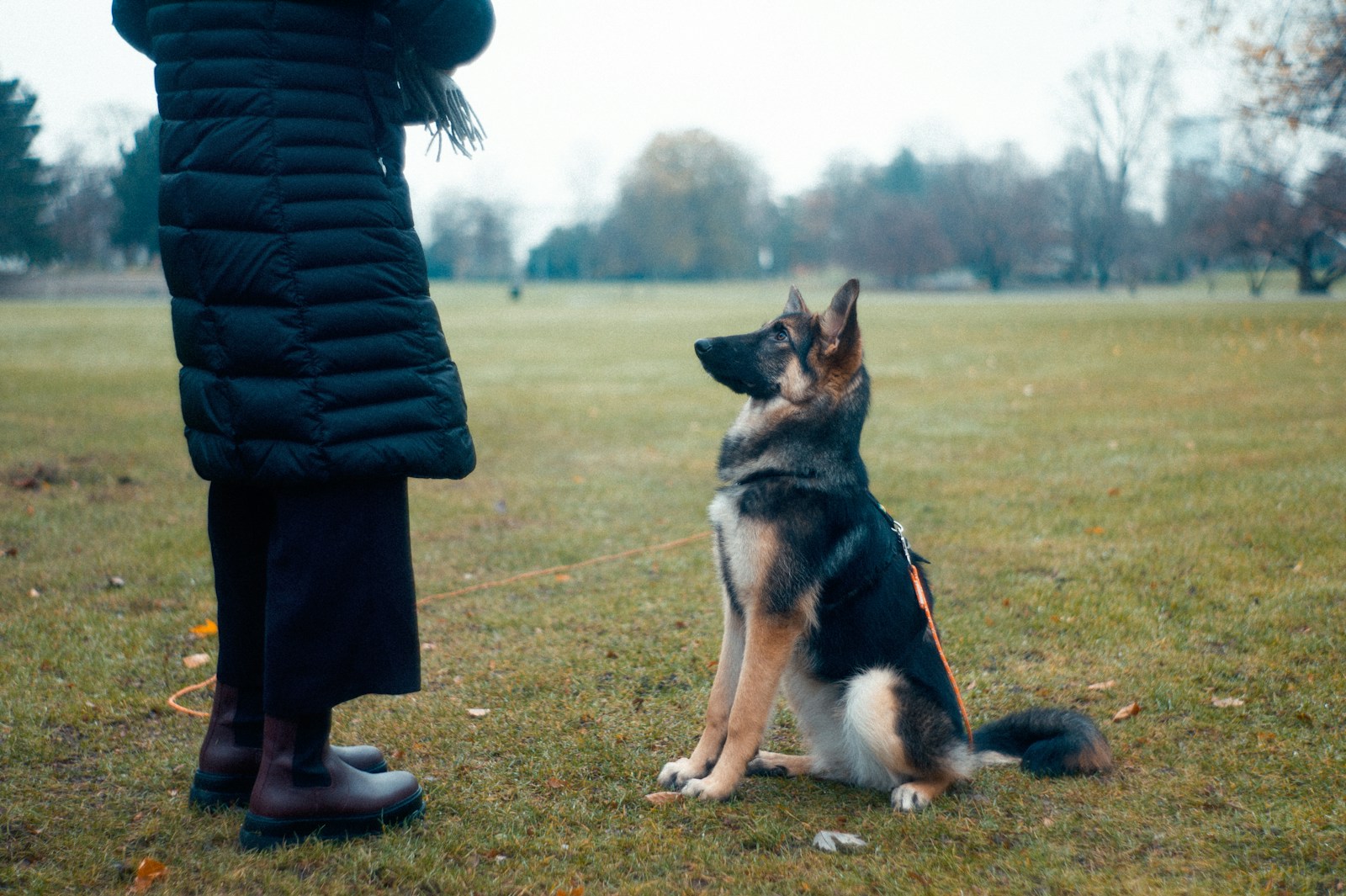As a responsible pet owner, it’s crucial to be vigilant about your furry friend’s health. Dogs can’t always tell us when they’re feeling unwell, so it’s up to us to pay attention to their behavior and notice any signs of sickness. In this article, I’ll discuss ten common signs that your dog might be sick and provide guidance on what to do about it. By recognizing these signs early and taking appropriate action, you can help ensure your canine companion stays happy and healthy.
1. Changes in Appetite
One of the first indicators that something might be wrong with your dog is a change in appetite. If your pup suddenly loses interest in food or starts eating significantly less than usual, it could be a sign of an underlying health issue. On the other hand, excessive hunger or sudden cravings for unusual items could also indicate a problem. Keep an eye on your dog’s eating habits and consult your veterinarian if you notice any significant changes.
2. Lethargy and Decreased Activity
Dogs are typically energetic creatures, so if you notice a sudden decrease in your dog’s activity level or overall lethargy, it could be cause for concern. Lethargy can manifest as reluctance to play, go for walks, or even get up from their bed. While dogs do have lazy days like humans, persistent lethargy may indicate an underlying health issue such as pain, infection, or illness.
3. Vomiting and Diarrhea
Digestive issues like vomiting and diarrhea are common signs of illness in dogs. These symptoms can be caused by a wide range of factors, including infections, dietary indiscretion, or gastrointestinal disorders. If your dog experiences vomiting or diarrhea that persists for more than a day or is accompanied by other symptoms such as lethargy or loss of appetite, it’s essential to seek veterinary attention promptly.
4. Respiratory Problems
Difficulty breathing, coughing, or wheezing are all signs that your dog may be experiencing respiratory problems. Respiratory issues can be caused by infections, allergies, or even heart disease. If you notice any abnormalities in your dog’s breathing patterns or if they seem to be struggling to catch their breath, it’s crucial to consult your veterinarian for a proper diagnosis and treatment.
5. Changes in Urination
Changes in your dog’s urination habits can also indicate underlying health issues. Increased frequency of urination, difficulty urinating, or blood in the urine may be signs of urinary tract infections, bladder stones, or other urinary tract disorders. Additionally, accidents in the house or sudden inability to control urination could indicate a problem with your dog’s kidneys or bladder.
6. Unexplained Weight Loss or Gain
Weight fluctuations can be indicative of various health problems in dogs. Unexplained weight loss may be a sign of underlying issues such as parasites, thyroid problems, or cancer, while sudden weight gain could indicate conditions like hypothyroidism or Cushing’s disease. Regular monitoring of your dog’s weight and body condition can help you detect and address any abnormalities early on.
7. Changes in Coat Condition
A dog’s coat can be a good indicator of their overall health. A healthy dog will typically have a shiny, lustrous coat with minimal shedding. If you notice changes such as dullness, dryness, excessive shedding, or bald patches, it could signal an underlying health issue. Skin problems, allergies, hormonal imbalances, or nutritional deficiencies are all potential causes of changes in coat condition.
8. Behavioral Changes
Pay attention to any sudden or significant changes in your dog’s behavior. This could include increased aggression, anxiety, or irritability, as well as changes in sleep patterns or restlessness. Behavioral changes can be caused by physical discomfort or pain, so it’s essential to investigate the underlying cause if you notice any unusual behavior in your dog.
9. Persistent Coughing
While occasional coughing is normal for dogs, persistent or severe coughing could indicate an underlying health problem. Chronic coughing may be a sign of respiratory infections, heart disease, or even lung cancer in some cases. If your dog has been coughing for more than a few days or if the cough is accompanied by other symptoms such as lethargy or difficulty breathing, it’s important to seek veterinary care.
10. Changes in Gum Color and Odor
Changes in the color or odor of your dog’s gums can be a sign of serious health issues such as anemia, liver disease, or dental problems. Healthy gums should be pink and moist, with no foul odor. If you notice any abnormalities such as pale gums, yellowing, or bad breath, it’s essential to have your dog examined by a veterinarian as soon as possible.
What to Do if You Suspect Your Dog is Sick
If you notice any of the signs mentioned above or if you have any concerns about your dog’s health, don’t hesitate to contact your veterinarian. Early detection and treatment of health issues can significantly improve outcomes for your furry friend. Here are some steps you can take if you suspect your dog may be sick:
- Monitor Symptoms: Keep track of any changes in your dog’s behavior, appetite, or physical condition.
- Contact Your Veterinarian: If you notice any concerning symptoms or changes, schedule an appointment with your veterinarian for a thorough examination.
- Follow Your Veterinarian’s Recommendations: Based on their assessment, your veterinarian may recommend further tests or treatment options. Follow their advice closely to ensure the best possible outcome for your dog.
Remember, as a pet owner, you are your dog’s advocate for health and well-being. By staying informed and proactive, you can help keep your canine companion happy and healthy for years to come.
Conclusion
Keeping a close eye on your dog’s health is essential for their overall well-being. By paying attention to subtle changes in behavior, appetite, and physical condition, you can catch potential health issues early and take action to address them. Remember, always consult your veterinarian if you have any concerns about your dog’s health. With proper care and attention, you can ensure that your furry friend lives a long, happy, and healthy life.
FAQs
Q: How often should I take my dog to the veterinarian for check-ups? A: It’s generally recommended to schedule a wellness exam for your dog at least once a year, though more frequent visits may be necessary for puppies, senior dogs, or those with underlying health conditions.
Q: What vaccinations does my dog need to stay healthy? A: Your veterinarian can advise you on the appropriate vaccination schedule for your dog based on factors such as their age, lifestyle, and risk of exposure to certain diseases.
Q: How can I prevent my dog from getting sick? A: Maintaining a healthy diet, providing regular exercise, keeping up with vaccinations, practicing good hygiene, and scheduling regular veterinary check-ups are all important steps in preventing illness in dogs.
Q: What should I do if my dog ingests something toxic? A: If you suspect your dog has ingested something toxic, contact your veterinarian or an emergency veterinary clinic immediately. Do not attempt to induce vomiting or administer any treatments without professional guidance.
Q: Can I give my dog human medications if they’re sick? A: It’s important to never give your dog medications intended for humans without consulting your veterinarian first. Many human medications can be toxic to dogs and may cause serious harm or even death.








